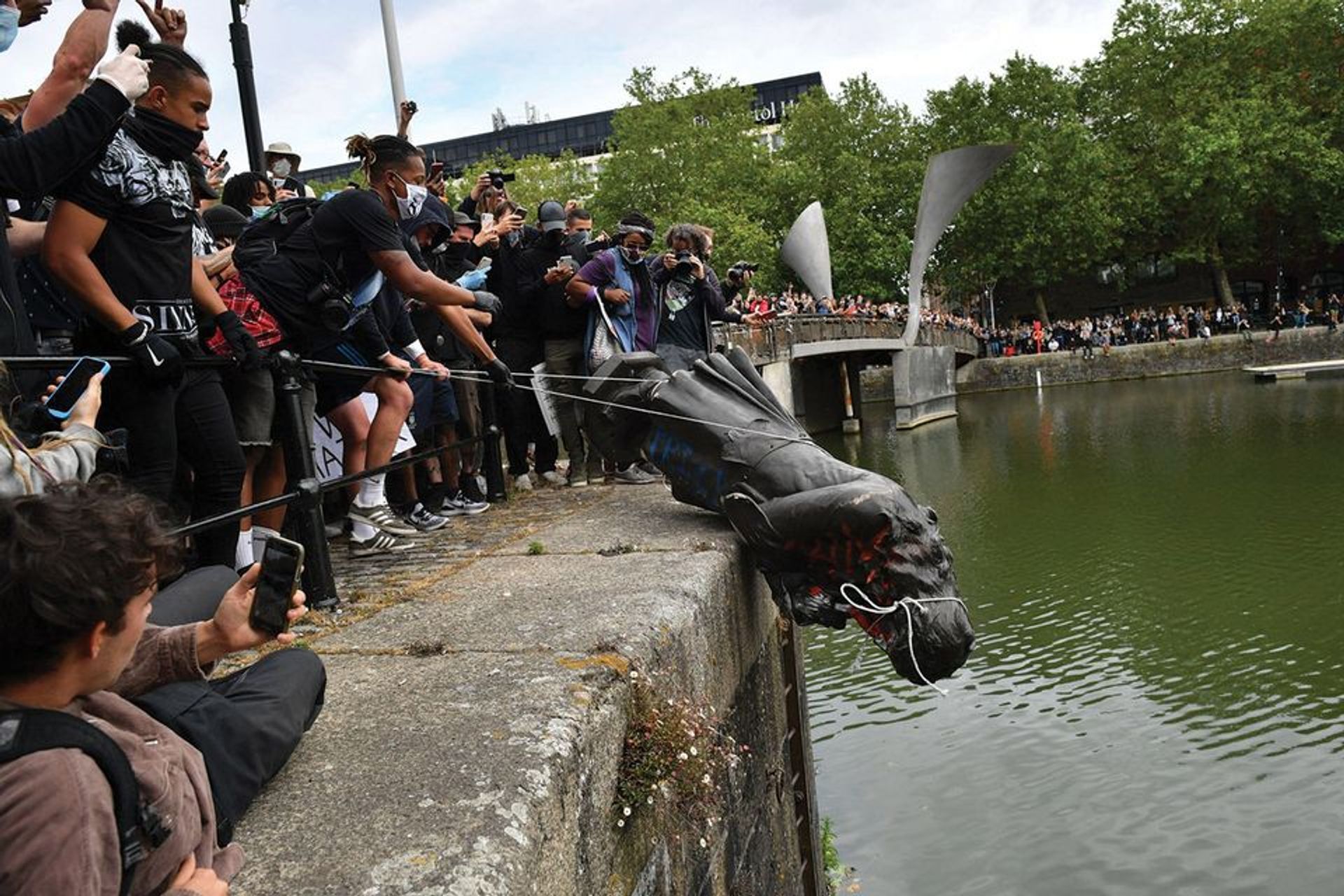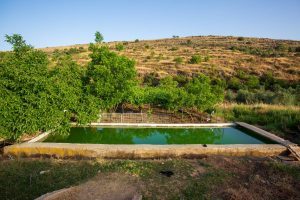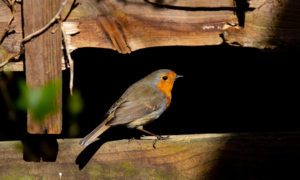Trial reignited the debate about the value of colonial-era contested monuments and statues
Four protestors have been found not guilty of causing criminal damage after toppling the statue of the slave trader Edward Colston during a Black Lives Matter (BLM) protest in Bristol, England, on 7 June 2020. Rhian Graham was accused alongside Milo Ponsford, Sage Willoughby and “others unknown” of helping to tie ropes around the statue’s neck that were used to pull it to the ground. Jake Skuse was accused of rolling the statue to Bristol Harbour. The four pleaded not guilty to the charges during the trial at Bristol Crown Court which began last month.

The statue was toppled following the murder of George Floyd by the ex-Minneapolis police officer Derek Chauvin in May 2020. The 18ft bronze statue long divided opinion in Bristol. Colston was a member of the Royal African Company, which dominated the West African slave trade, transporting around 80,000 men, women and children from Africa to the Americas. The slaver, who also cultivated a reputation as a philanthropist, died in 1721 though the statue of him, by John Cassidy, was erected in 1895. The battered and graffitied statue has since gone on show at the M Shed Museum in the city.
Graham told police that she had damaged the statue “but whether it is criminal or not I think is up for debate, because of all the context around the statue, and the fact that people have campaigned to take it down and it is just an abhorrent offence to a lot of the population of Bristol”. Raj Chada, the solicitor representing Skuse, told the BBC after the verdict: “It is shameful that Bristol City Council did not take down the statue of slaver Edward Colston that had caused such offence to people in Bristol and equally shameful that they then supported the prosecution of these defendants.” But the Save our Statues campaign group tweeted that the verdict gives the “green light to political vandalism”.




